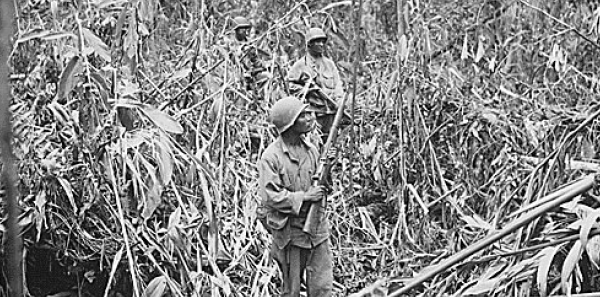
I remember why I decided to apply to medical school when I was young. I also remember the reasons that I chose to be an emergency physician. Recently, I found another reason to be thankful for the career I’ve chosen after having the opportunity to care for a 92-year-old man.
Explore This Issue
ACEP Now: Vol 37 – No 06 – June 2018It was one of those days that was not crazy busy and one of those times when, for some unknown reason, I chose to take a few extra moments to be a bit more social. The patient in room 3 was having mild chest discomfort and fatigue, but his vitals were normal, and as I signed the ECG with normal sinus rhythm that was more normal than those of many patients half his age, I walked into the room to meet Walter.
After a typical history and physical examination, I was impressed with how healthy and talkative Walter was as a nonagenarian. Continuing on, I asked him the usual: where he lived, what he had done for a living, how long he had worked for the city, and if he started that job after high school. His answers were not the usual, and I was in for a treat.
Walter told me that he went into the army in 1943, and only after the war did he get his job with the city. Yes, he was in World War II. He told me several stories about the war. As an African American, he fought in the Pacific alongside four other men from Cleveland as part of the segregated 93rd Infantry Division, seeing action on Bougainville Island in 1944. As a rifleman, the most common designation at that time, Walter saw his share of action. He recalled an early battle he was in, and he could hear the bullets from the machine gun cutting through the leaves overhead. “I will never forget that sound,” he said and then told me that one of those men from Cleveland stood up and immediately fell back to the ground, shot in the head. This was the first of those in his company from his hometown of Cleveland who was killed in action.
Walter’s chest X-ray revealed pneumonia, and he spiked a fever in the emergency department, so antibiotics and an admission to medicine were in order. Before Walter went upstairs, he shared more stories about his unit. Though treated differently than the white units, he was proud to be a soldier. There was no hint of resentment or regret, only pride about his service. He told stories about the way the United States and the rest of the world reacted while the war continued, the difficulties fighting in the islands, and how daily casualties numbered in the thousands. He remembered the hope that he would not be in that number but that someday he would come home to his girlfriend, whom he had known since high school. He was going to ask her to marry him when he returned.
Pages: 1 2 | Single Page




One Response to “92-Year-Old WWII Vet Brightens Emergency Department”
July 14, 2018
Brian Wipermann MDThank you for this article, John.
It is always appropriate, and appreciated, to say to a Vet of any time period, “Thank you for your service.”
We vets even say it to each other. Funny, but that is just as meaningful.
Do it now, for you will not have the opportunity for much longer.
Do the math: servicemen and women who were barely old enough to enlist at the end of WWII are now 91 or older.
I really enjoy thanking them for their service, recognizing them by the ball caps with WWII, or Korea and Viet Nam patches and embroidery thereupon. Our Iraq/Afghanistan vets are pretty young still, but it is never too early, and really, how much does it cost us to stop in the hallway or waiting room long enough to say, “Thank you for your service”?
I will often add to that, “and for giving my family the opportunity to grow up and thrive largely in peace.”
It might also come up that my PT daughter is currently on active duty in the Navy, but that is just bragging…
Not sorry.
Thank her for her service too if you happen to see her.
(I do.)
Thanks again,
Brian Wippermann MD FACEP
CDR MC(FS) USNR-Ret
Sacramento, CA area